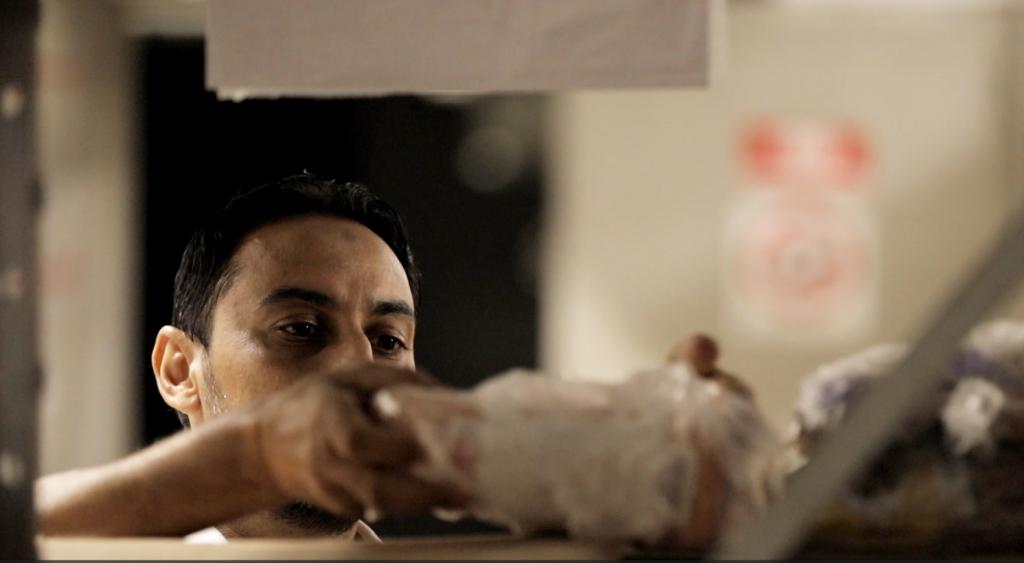A glimmer of hope in times of Economic Crisis: The CLIMA project combats Food Waste in cooperation with the private sector
Food loss in the large retailers distribution sector in Tunisia has become a major problem. According to a joint study by the National Institute of Consumption and the FAO, approximately 2,314 tons of food products are lost each year, representing an economic value of 2.8 million dinars. Cereal products, in particular, have been affected by the crisis between Russia and Ukraine, the primary importer of cereals for Tunisia.

Faced with this alarming situation, the European Union funded project CLIMA , with the support of an alliance of non-profit and governmental organizations fighting food loss, approached four major large retailers in Tunisia. Among them, Monoprix, one of the largest supermarket networks in Tunisia, was the only one to agree to collaborate on a pilot project aimed at addressing the issue of food loss.
This ambitious project includes several crucial initiatives. It aims to raise awareness among employees and customers about the issue of food loss, involve suppliers, introduce selective sorting, and promote the donation of unsold items. This collaboration has led to the implementation of two major pilot projects.

In Mahdia, waste sorting was initiated at the Monoprix store, integrated into the municipal selective collection system with the goal of producing compost.
In Tunis, the second initiative involves the daily donation of unsold items from seven Monoprix stores to two associations: UNIVERSELLE, a humanitarian organization providing meals to vulnerable individuals (including the homeless, sub-Saharan migrants, and families in need), and VILLAGE SOS, an association dedicated to supporting vulnerable children. These partnerships are in the process of formalizing long-term collaboration agreements.

Despite its significance, food waste and loss in Tunisia have not yet been comprehensively addressed, and a legal framework is lacking. Through these pilot projects, CLIMA project hopes to establish new practices and advocate for this crucial issue, considering its significant environmental, economic, and social implications. By working hand in hand with the tourism and large-scale distribution sectors, the The European Union funded project CLIMA is laying the groundwork for a more sustainable Tunisia in terms of food.









